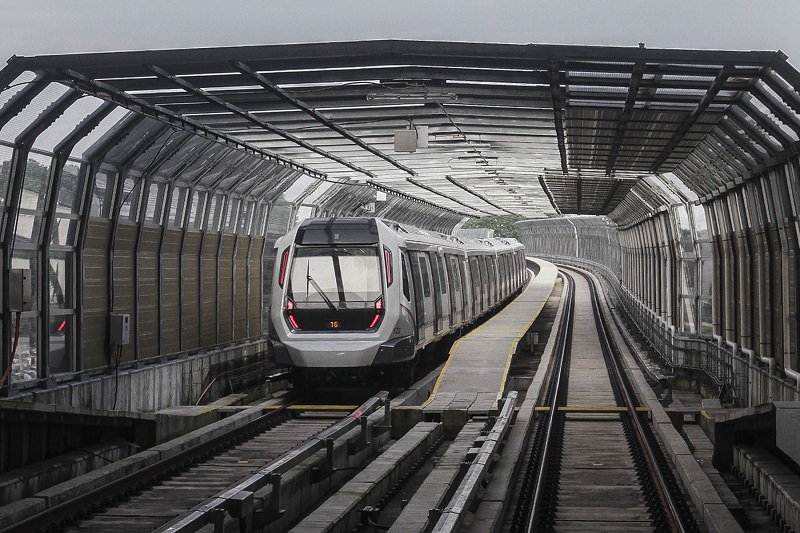KUALA LUMPUR, April 13 — Transparency International Malaysia (TI-M) today expressed deep concern over the lack of publicly available information on the viability of the recently approved Mass Rapid Transit 3 Circle Line project (MRT3).
In a statement, TI-M said that Putrajaya has a responsibility to ensure that every ringgit of public money spent to finance the MRT3 project is used transparently, has rigorous oversight mechanisms and meets the highest governance standards.
“MRT3 will be one of the key public infrastructure projects undertaken by the government after MRT1, MRT2 and LRT which were constructed between 1998-2021 at a total cost of RM84.63 billion as reported in the media.
“MIDF’s research report states that MRT3 is expected to cost close to RM31 billion. Worryingly, the same report has also indicated the total cost of the project is yet to be finalised and that the project duration of 10 years is abnormal,” said TI-M’s president Muhammad Mohan.
Mohan suggested the government to publish all reports related to the justification of approval of the project — which includes Needs Analysis, ridership estimates and Cost Benefits — seek parliamentary approval for the project via a Parliamentary Select Committee (PSC) and if approved, mandate regular audits on the project to prevent cost overruns.
He added that the non-profit organisation has repeatedly called for greater governance practice and transparency involving major projects that use public funds, especially for those that are defined as “off budget”.
“As recently as January 25, 2022 when releasing Malaysia’s latest CPI score, TI-M recommended reducing the number of such off budget projects.
“We further called for the public release of their Cost Benefit reports and mandating that parliamentary approval be required before commencing the project,” he said.
He said that reviewing MRT3’s Cost Benefit report is important as it will indicate the estimates and assumptions used by the government to justify the project scale and committing public funds.
He added that after looking into the MRT1 project, it showed that the first year daily ridership estimated figure to be 400,000 versus the actual figure of 175,000 — a flabbergasting shortfall of 43 per cent of the estimate.
“This is troubling as firstly, public funds were committed to finance projects which were based on estimates that were overly optimistic which bring into question the fundamental justification for the project.
“Secondly, these discrepancies cause shortfalls in projected revenue which impact the operator’s or government’s ability to repay the project loans, resulting in the need for public funds to ‘rescue’ the project. The responsibility to repay the burden of this shortfall will thus be borne by future generations of Malaysians.
“Sadly, when applied to the large infrastructure projects implemented thus far, this shortfall can be very large,” he said.
He pointed out that MRT Corp — the corporation that manages and governs the various MRT and LRT lines — has over RM56 billion in accumulated losses, and that the money could be better used to benefit the wider community such as improving healthcare, education and assisting those who are currently fallen on hard times.
“Having parliamentary oversight to review and approve such large public projects is fundamentally important not only for practicing fiscal responsibility but also as such projects have more potential red flags and the increased governance practice will help avoid leakages, cronyism, patronage and other forms of corruption,” he said.
On March 4, the Cabinet agreed to implement the Mass Rapid Transit Line 3 (MRT3) and improve the implementation of the Sabah-Sarawak Pan Borneo Highway (PBH) and flood mitigation projects.
Prime Minister Datuk Seri Ismail Sabri Yaakob said the nod given to the implementation of the MRT3 project was aimed at complementing the existing public transport infrastructure in the Klang Valley by providing integrated, affordable and seamless services to Malaysian families.
The MRT3 project was suspended by the Pakatan Harapan administration before the new Cabinet under the leadership of Tan Sri Muhyiddin Yassin agreed to resume the project last year.



















